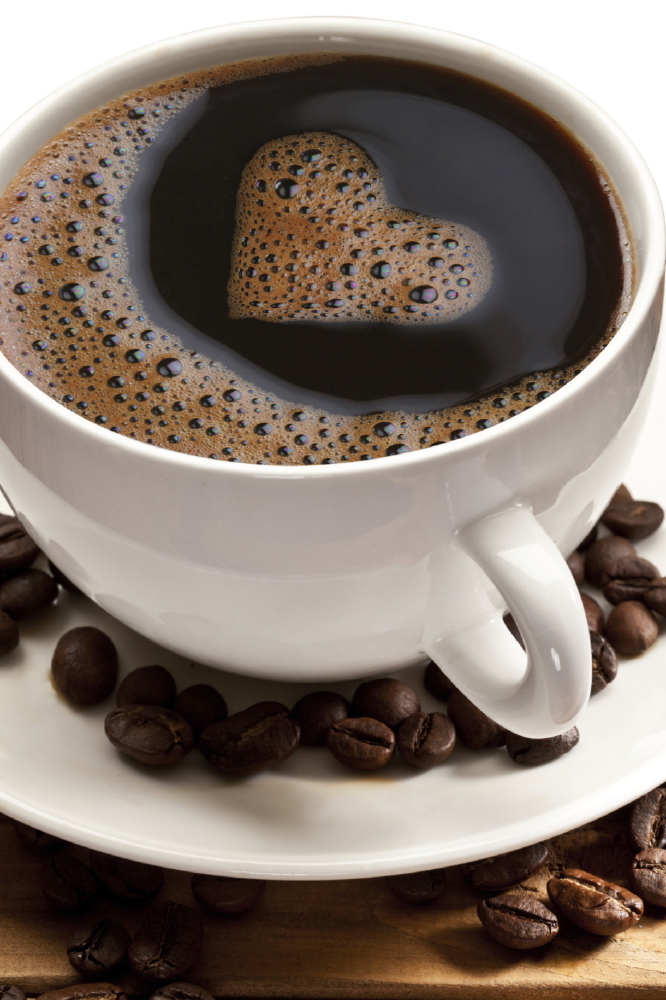"While caffeine has a number of health benefits for adults with links to reduced cardiovascular disease, and reduced risk of developing Parkinson's disease, and Alzheimer's, more people are becoming aware of the potential problems associated with too much caffeine. It's already well known that caffeine is not recommended for pregnant mothers as it is linked to low birth weight in babies - and for the wider population caffeine is known to often disrupt your sleep says Barleycup's nutritionist Helen Money.

The benefits though do come with added risks though "But did you know that too much caffeine can raise your blood pressure, affect your mood, cause bladder problems and even make you more tired. It's interesting that cutting back on caffeine is the next health trend after cutting sugar, calories and salt. It seems more people are considering substituting some of those extra cups of coffee and tea with caffeine free alternatives.
"Watch out too, for hidden sources of caffeine: chocolate, certain medicines - particularly over the counter cold and flu remedies and certain headache tablets, energy drinks, and supplements."
So how much is too much?The recommended daily amount of caffeine for healthy adults is 400mg, equivalent to around four or five cups of coffee a day. NHS guidelines recommend that pregnant women limit the amount of caffeine to 200mg - equivalent to two mugs of instant coffee.
"While caffeine in moderation has proven health benefits, the best thing is to drink coffee while paying attention to your own body and watch for those hidden sources of caffeine. Different people have different tolerances. Some people react strongly to caffeine, some don't. It's a question of knowing your own limit and knowing your own body.
"If you enjoy a cappuccino in the morning and a coffee after lunch then that's fine, but if you start to get palpitations, you're running to the toilet or noticing an increase in nervousness and sleeplessness, you may want to consider reducing your caffeine intake and try replacing one or two of your coffees with a caffeine free alternative."
An alternative could be Barleycup. It is made from roasted barley, rye and chicory and contains no artificial additives. Enjoy as part of a healthy balanced diet along with plenty of fresh fruit and vegetables. It is also the natural choice for those who love coffee and tea but who are trying to cut down on their caffeine, as Barleycup is naturally entirely caffeine-free.
Barleycup's research also shows the top five diet trends for 20151.
Cutting back on sugar (34.8%)
2. Cutting back on calories (29.4%)
3. Cutting back on salt (18%)
4. Cutting back on caffeine (14.3%)
5. Cutting out gluten (6.1%)

